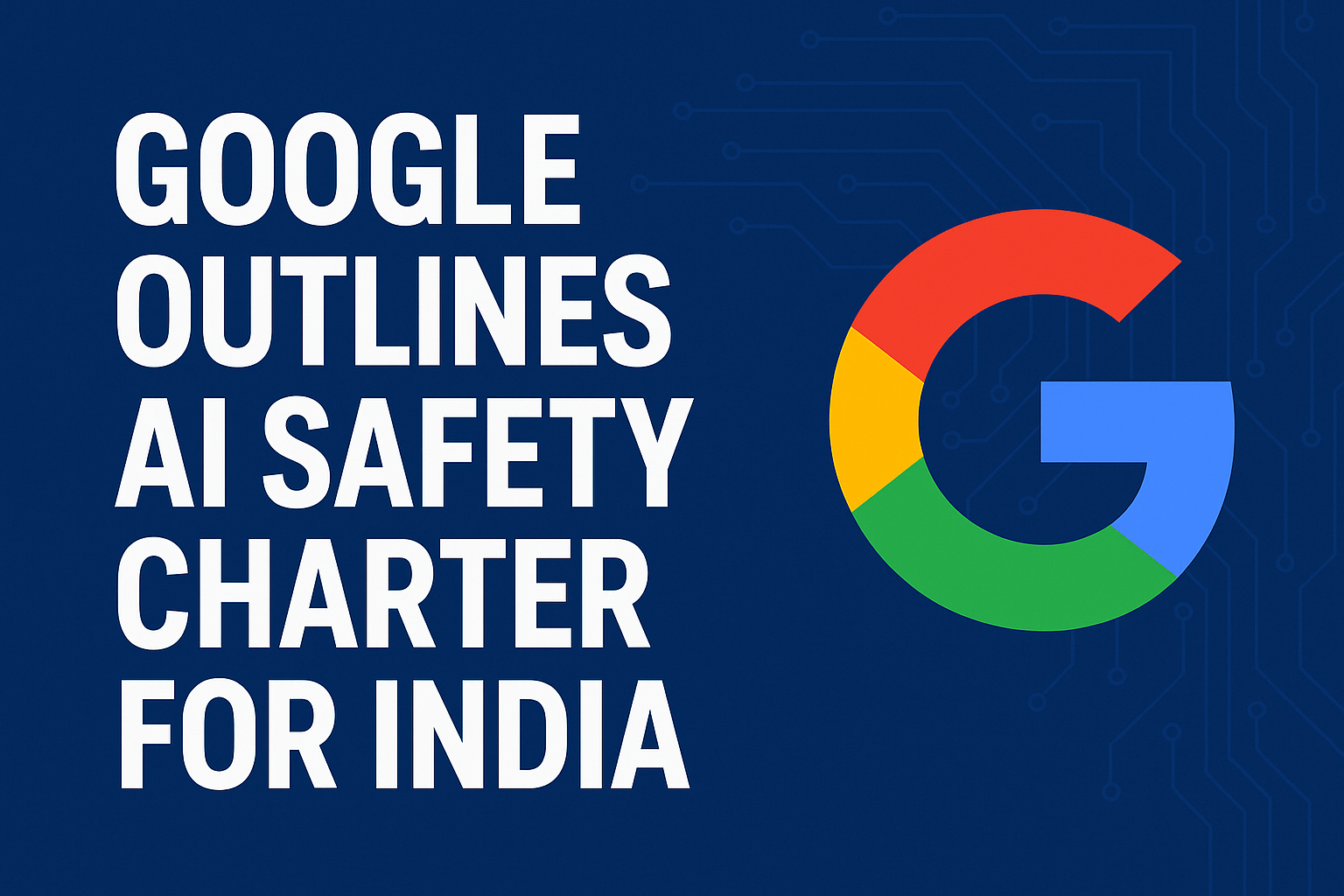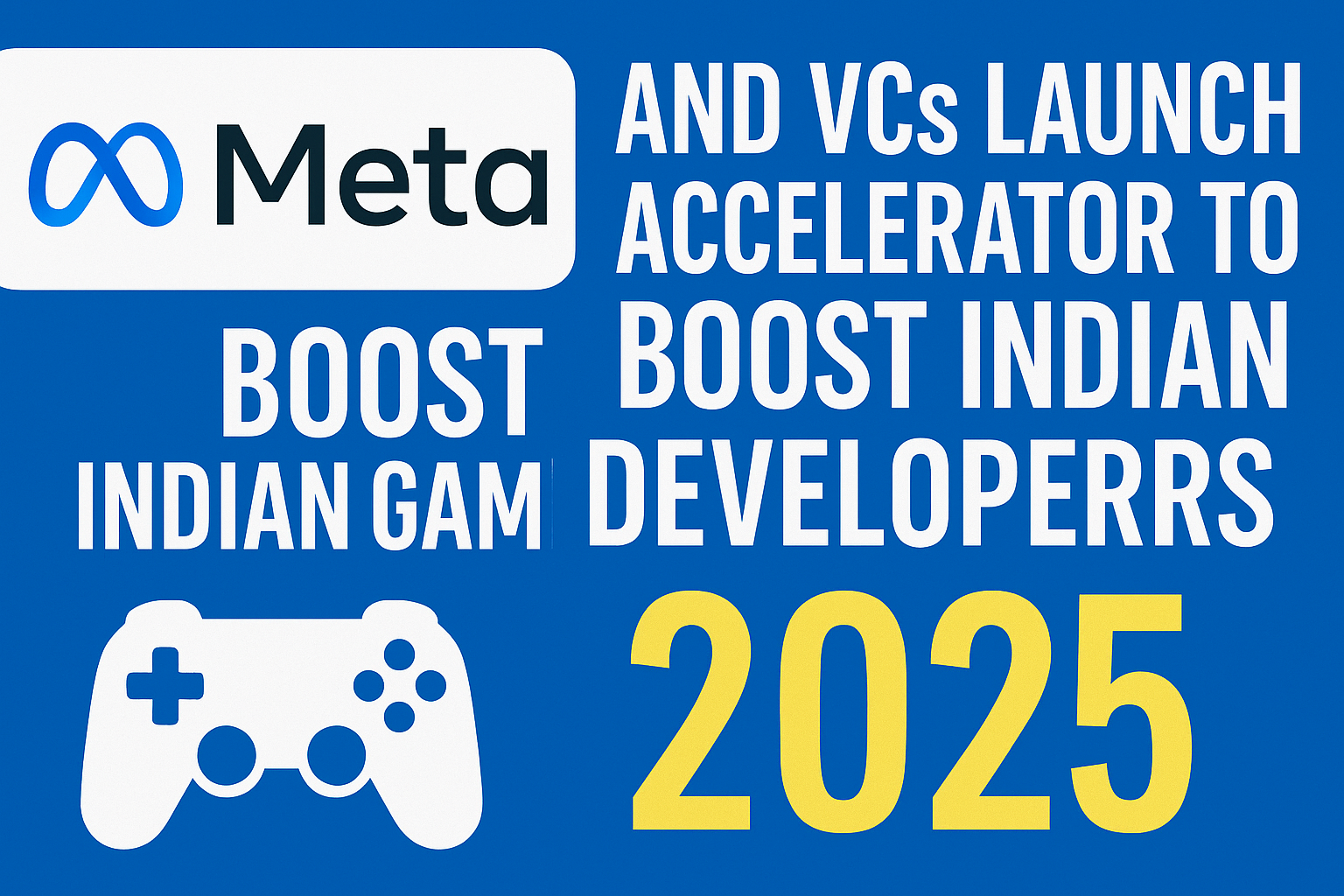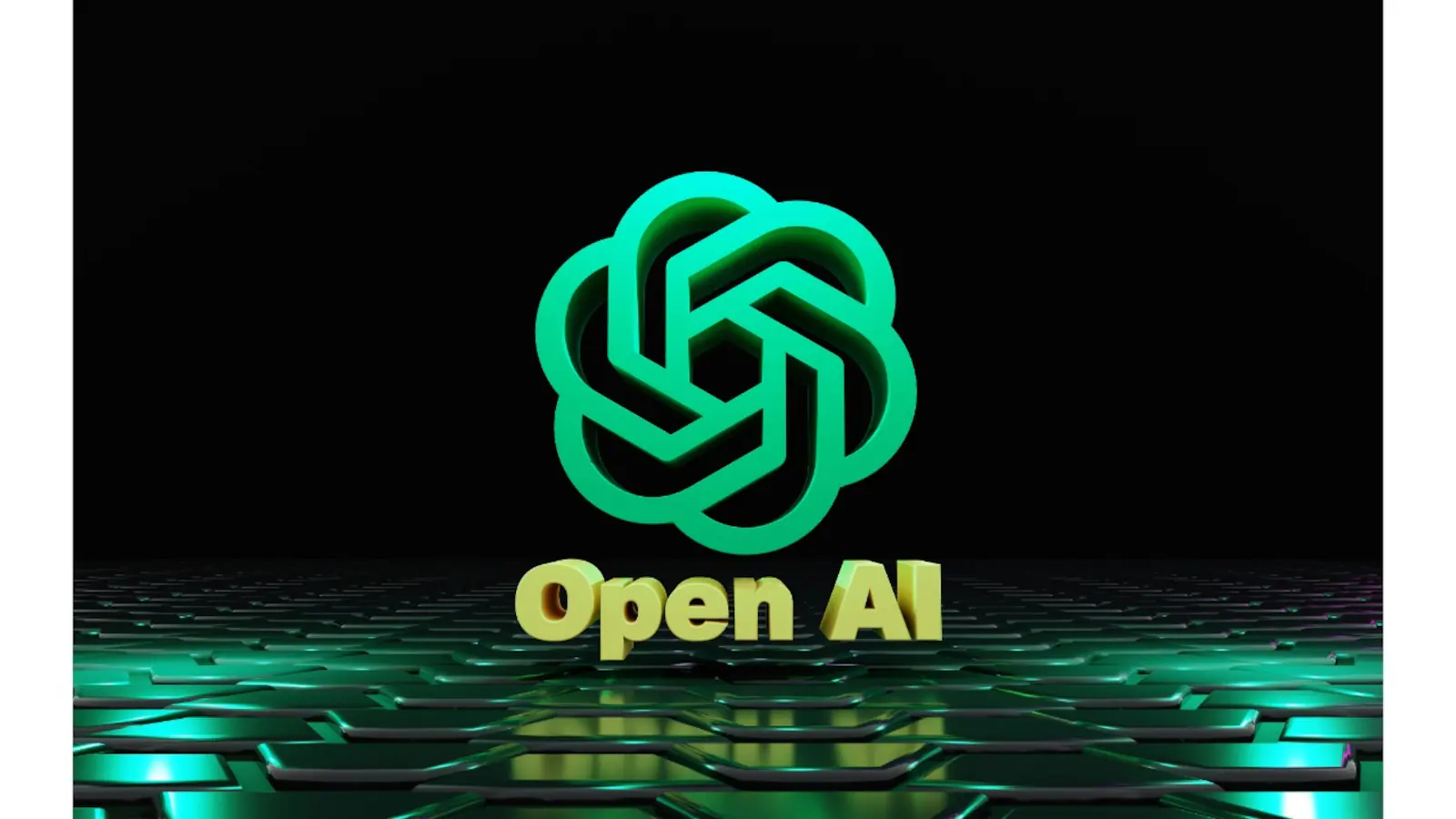Artificial Intelligence (AI) is revolutionizing every aspect of our lives, from healthcare and education to finance and transportation. But with its rapid adoption comes the pressing need for safety, ethics, and governance. Recognizing this, Google has taken a bold step by launching an AI Safety Charter for India, reinforcing its commitment to responsible innovation in one of the world’s fastest-growing digital economies.
This article explores Google’s new AI framework, its implications for businesses, and how it strengthens India’s position as a global AI leader.
Why Google Introduced an AI Safety Charter in India
As India emerges as a global hub for digital innovation, the need for AI safety, transparency, and accountability becomes more urgent. With millions of Indian users relying on AI-driven services daily, it is crucial to ensure these technologies are trustworthy and unbiased.
Google’s Focus Areas for AI Safety in India:
- Ethical deployment of AI tools
- Bias mitigation in AI models
- Data privacy and protection
- Transparency in algorithmic decision-making
- Collaboration with Indian regulators and researchers
By setting these principles in motion, Google aims to align with India’s broader vision of responsible tech development.
Key Elements of Google’s AI Safety Charter
Google’s AI Safety Charter outlines several strategic pillars designed to guide the safe and ethical use of AI technologies in India.
1. Transparency and Explainability
Google commits to building AI systems that are interpretable, meaning users and developers can understand how decisions are made. This is especially critical for sectors like finance and healthcare, where AI risk management is a top priority.
2. Bias and Fairness Audits
To promote fair AI adoption in India, the Charter emphasizes regular testing and bias mitigation strategies in datasets and machine learning algorithms. Ensuring inclusivity for all communities, especially in a diverse country like India, is essential.
3. Data Security and Privacy
The framework reinforces compliance with India’s data governance laws, including the Digital Personal Data Protection Act (DPDPA). Google highlights AI privacy protection and responsible data sharing as core commitments.
4. Human Oversight
Google advocates for human-in-the-loop (HITL) systems, where human judgment plays a vital role in overseeing AI outcomes—essential for reducing false positives and enhancing AI safety standards in India.
5. Global Best Practices, Local Focus
While drawing from international standards like the OECD AI principles, Google stresses the importance of India-specific AI policy frameworks and stakeholder engagement at the grassroots level.
How India Benefits from Google’s AI Safety Charter
This initiative is not just a symbolic move—it has tangible benefits for India’s tech ecosystem and digital economy.
Boosts Trust in AI Adoption
By promoting ethical AI implementation, Google is helping Indian businesses and users gain confidence in emerging technologies like generative AI, NLP models, and AI-powered automation.
Enhances Innovation with Guardrails
AI startups and enterprises in India can innovate freely within clear safety boundaries, reducing the risk of regulatory backlash and public distrust.
Supports Regulatory Roadmaps
India is still in the process of finalizing its AI regulatory policy. Google’s proactive involvement can serve as a guiding reference for crafting inclusive, enforceable, and future-proof AI regulations.
Enables Public-Private Collaboration
The Charter encourages collaboration with academic institutions, startups, think tanks, and government agencies to create a holistic AI ecosystem in India.
AI Safety: A Strategic Move for Google in India
India is one of Google’s biggest user bases, with products like Google Search, Android, and YouTube being dominant in the region. Launching an AI ethical charter in India demonstrates not only leadership in tech but also corporate social responsibility in one of the world’s most complex and promising markets.
Moreover, this move could give Google a competitive edge in winning Indian government and enterprise contracts that demand adherence to AI safety regulations.
SEO-Focused Insights: Why AI Safety Matters for Indian Businesses
If you’re running a business or a startup in India, here’s why AI safety and compliance should be on your radar:
- AI compliance in India will soon become a legal requirement. Getting ahead of regulations gives you a strategic advantage.
- With growing adoption of AI tools for marketing, automation, and analytics, ensuring these systems are safe builds long-term customer trust.
- Ethical AI practices in India are becoming a differentiator, especially in sectors like healthcare, edtech, fintech, and logistics.
- Integrating AI audit frameworks and bias-check protocols can improve operational efficiency and reduce risks.
By aligning your AI strategy with safety guidelines like Google’s, your brand becomes future-ready and regulation-compliant.
What’s Next for India’s AI Landscape?
With initiatives like Google’s AI Safety Charter, India is stepping into a new era of responsible and inclusive AI growth. As the country ramps up its investments in AI R&D, startups, and skilling programs, frameworks for safe AI deployment will play a defining role in shaping the narrative.
Businesses, regulators, and developers must collaborate to:
- Create transparent and explainable AI models
- Promote open-access research and datasets
- Drive AI literacy and education among users
Conclusion
Google’s AI Safety Charter is a landmark development for India’s digital economy. It highlights the need for robust, ethical, and transparent AI systems—an agenda that resonates with India’s vision of inclusive and sustainable tech growth.
As AI development in India accelerates, such initiatives serve as important milestones in ensuring that technology benefits everyone—not just a few. Whether you’re a startup founder, policy maker, or tech enthusiast, now is the time to embrace and advocate for safe AI adoption in India.













